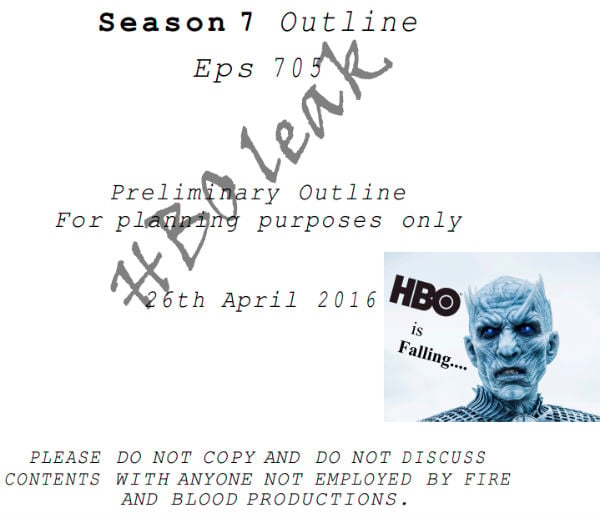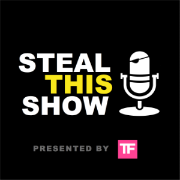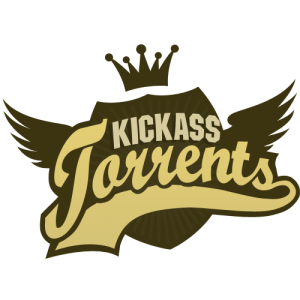
Due to their increasing prevalence, fingers are often pointed at so-called ‘John Doe’ orders, which are handed down by the court to prevent Internet piracy. Often sweeping in nature (and in some cases pre-emptive rather than preventative), these injunctions have been known to block access to both file-sharing platforms and innocent bystanders.
Earlier this week (and again for no apparent reason), the world renowned Internet Archive was rendered inaccessible to millions of users in India. The platform, which is considered by many to be one of the Internet’s most valued resources, hosts more than 15 petabytes of data, a figure which grows on a daily basis. Yet despite numerous requests for information, none was forthcoming from authorities.
The ‘blocked’ message seen by users accessing Archive.org
Quoted by local news outlet Medianama, Chris Butler, Office Manager at the Internet Archive, said that their attempts to contact the Indian Department of Telecom (DoT) and the Ministry of Electronics and Information Technology (Meity) had proven fruitless.
Noting that their site had previously been blocked in India, Butler said they were no clearer on the reasons why the same kind of action had seemingly been taken this week.
“We have no information about why a block would have been implemented,” he said. “Obviously, we are disappointed and concerned by this situation and are very eager to understand why it’s happening and see full access restored to archive.org.”
Now, however, the mystery has been solved. The BBC says a local government agency provided a copy of a court order obtained by two Bollywood production companies who are attempting to slow down piracy of their films in India.
Issued by a local judge, the sweeping order compels local ISPs to block access to 2,650 mainly file-sharing websites, including The Pirate Bay, RARBG, the revived KickassTorrents, and hundreds of other ‘usual suspects’. However, it also includes the URL for the Internet Archive, hence the problems with accessibility this week.
The injunction, which appears to be another John Doe order as previously suspected, was granted by the High Court of the Judicature at Madras on August 2, 2017. Two film productions companies – Prakash Jha Productions and Red Chillies Entertainment – obtained the order to protect their films Lipstick Under My Burkha and Jab Harry Met Sejal.
While India-based visitors to blocked resources are often greeted with a message saying that domains have been blocked at the orders of the Department of Telecommunications, these pages never give a reason why.
This always leads to confusion, with news outlets having to pressure local government agencies to discover the reason behind the blockades. In the interests of transparency, providing a link to a copy of a relevant court order would probably benefit all involved.
A few hours ago, the Internet Archive published a statement questioning the process undertaken before the court order was handed down.
“Is the Court aware of and did it consider the fact that the Internet Archive has a well-established and standard procedure for rights holders to submit take down requests and processes them expeditiously?” the platform said.
“We find several instances of take down requests submitted for one of the plaintiffs, Red Chillies Entertainments, throughout the past year, each of which were processed and responded to promptly.
“After a preliminary review, we find no instance of our having been contacted by anyone at all about these films. Is there a specific claim that someone posted these films to archive.org? If so, we’d be eager to address it directly with the claimant.”
But while the Internet Archive appears to be the highest profile collateral damage following the ISP blocks, it isn’t the only victim. Now that the court orders have become available (1,2), it’s clear that other non-pirate entities have also been affected including news site WN.com, website hosting service Weebly, and French ISP Free.fr.
Also, in a sign that sites aren’t being checked to see if they host the movies in question, one of the orders demands that former torrent index BitSnoop is blocked. The site shut down earlier this year. The same is true for Shaanig.org.
This is not the first time that the Internet Archive has been blocked in India. In 2014/2015, Archive.org was rendered inaccessible after it was accused of hosting extremist material. In common with Google, the site copies and stores huge amounts of data, much of it in automated processes. This can leave it exposed to these kinds of accusations.
Source: TF, for the latest info on copyright, file-sharing, torrent sites and ANONYMOUS VPN services.






 There is little doubt that, in the United States, Netflix has become the standard for watching movies on the Internet.
There is little doubt that, in the United States, Netflix has become the standard for watching movies on the Internet. Last week, news broke that a hacker, or hackers, had
Last week, news broke that a hacker, or hackers, had 


 For more than a decade, copyright holders have been sending ISPs takedown notices to alert them that their subscribers are sharing copyrighted material.
For more than a decade, copyright holders have been sending ISPs takedown notices to alert them that their subscribers are sharing copyrighted material.


 If you enjoy this episode, consider becoming a patron and getting involved with the show.
If you enjoy this episode, consider becoming a patron and getting involved with the show. 
 Last summer, Polish law enforcement officers
Last summer, Polish law enforcement officers